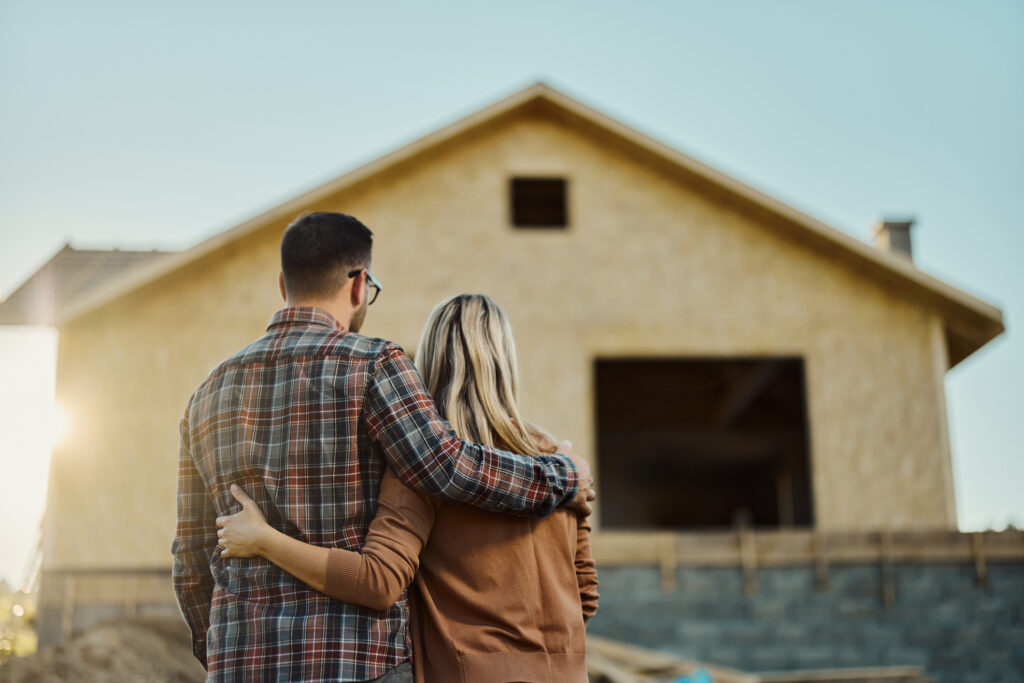FOR IMMEDIATE RELEASE
Contact: lppipress@luskin.ucla.edu
UCLA Analysis Finds Altadena Faces Uneven Wildfire Recovery as Black, Latino, and AAPI Homeowners Struggle to Rebuild
Nearly 7 in 10 severely fire-damaged homes show no progress toward rebuilding, with Black and Asian homeowners most likely to remain stalled.
LOS ANGELES (October 9, 2025) — Nine months after the Eaton Fire destroyed thousands of homes in Altadena, a new factsheet by UCLA’s Latino Policy and Politics Institute (LPPI) and the Center for Neighborhood Knowledge (CNK) highlights troubling racial and ethnic disparities in how homeowners are recovering. The analysis shows that while only a small number of families have sold or listed their homes, nearly 7 in 10 severely fire-damaged homes show no progress toward rebuilding, and investors have purchased two-thirds of the homes that have changed hands, raising concerns about displacement and affordability.
The factsheet, authored by Gabriella Carmona, Paul Ong, Xalma Palomino, Vinit Mukhija, and Rodrigo Dominguez-Villegas, shows that nearly six in ten Black-owned homes suffered severe damage — the highest rate of any group. Yet roughly 70% of all severely damaged homes show no visible steps toward recovery, with Black (73%) homeowners slightly more likely to remain stalled. At the same time, Latino homeowners have filed rebuilding permits at the highest rate (30%), an early sign that some families are trying to move forward despite widespread underinsurance, soaring construction costs, and complex permitting requirements.
Key findings include:
- Recovery stalled for most families: Nearly 70% of severely damaged homes show no observable action toward recovery.
- Investors dominating early sales: Two-thirds of the severely damaged homes sold so far have been purchased by outside investors, potentially raising concerns about displacement and long-term affordability.
- Permits stuck mid-process: About one in four severely damaged homeowners have filed applications to rebuild, but many remain stalled — likely due to missing technical plans, financing gaps, or insurance delays.
- Early movement: About one in four owners of severely damaged homes have filed permit applications. Latino homeowners have filed permits at the highest rate (30%) and are more likely to seek temporary housing permits, indicating their intention to stay on their property while planning their rebuild.
“Our findings show both progress and warning signs,” said Carmona, senior research analyst at LPPI. “Only about five percent of the most severely damaged homes have been sold, which suggests most families want to stay, but a troubling share of those sales are going to outside investors. At the same time, roughly one in four homeowners have entered the permitting process; yet, many applications are stalled, likely because families lack the costly technical plans and construction calculations. This mix of hope and hurdles shows recovery is still fragile, and that targeted support is needed to help families return home.”
“The stalled recovery data agrees with what we are hearing from the clients and others we serve,” said Lori Gay, President & CEO at the Neighborhood Housing Services of Los Angeles County, whose organization has been supporting displaced residents. “Altadena already had infrastructure limitations before the fire, and many families are now taking a wait-and-see approach: many are waiting to see if their neighbors rebuild, some want to know if local businesses and services will return, and most are stuck figuring out how to pay for rebuilding because of financial barriers like underinsurance, little to no government support or the high cost of construction. These different scenarios are a reminder that recovery isn’t just about debris removal; it requires ongoing funding resources, research, and intentional policies to ensure families have the right support to move forward and return home.”
The authors emphasize that the biggest unknown remains the majority of families who have not begun recovery. Understanding whether these households are stalled by insurance delays, financial barriers, or uncertainty about long-term plans is essential to grasping the trajectory of recovery and for designing policies that help families return. Future work in this series will delve more deeply into their experiences.
Read the factsheet here.
About UCLA Latino Policy and Politics Institute:
The UCLA Latino Policy and Politics Institute is a non-partisan research institute that seeks to inform, engage, and empower Latinos through innovative research and policy analysis. LPPI aims to promote equitable and inclusive policies that address the needs of the Latino community and advance social justice. latino.ucla.edu.









